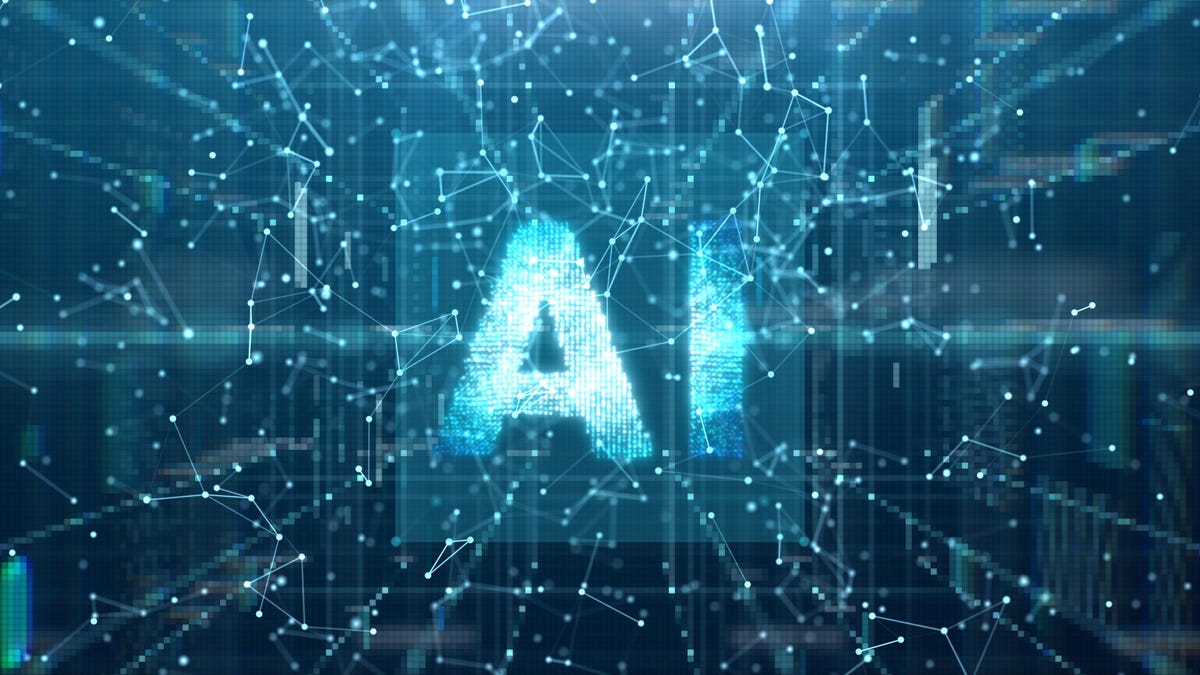With Google, Microsoft, Meta and just about every other company getting into AI, it can be hard to keep up with the latest terminology. This glossary is your one-stop shop.
ChatGPT was probably your first introduction to AI. OpenAI's AI chatbot made a name for itself by being able to answer any query and assist you with writing poems, resumes, and fusion recipes. ChatGPT has been compared to a superpowered version of autocomplete.
However, that element of AI chatbots is merely one component of the AI landscape. Sure, having ChatGPT help with your schoolwork or Midjourney produce amazing photos of mechs based on their nation of origin is fun, but generative AI has the capacity to completely transform markets. According to McKinsey Global Institute, that potential might be worth $4.4 trillion to the global economy each year, so expect to hear more and more about artificial intelligence.
It appears in a bewildering number of goods, including Google's Gemini, Microsoft's Copilot, Anthropic's Claude, Perplexity AI search tool, and Humane and Rabbit gadgets. Our new AI Atlas portal features reviews and hands-on evaluations of those and other products, as well as news, explainers, and how-to guides.
As humans become increasingly accustomed to an AI-enabled world, new phrases appear everywhere. So, whether you want to seem knowledgeable over cocktails or dazzle in a job interview, here are some key AI terms to know.
Artificial general intelligence, or AGI
AI ethics: Principes aimed at preventing AI from causing harm to humans, achieved by regulating how AI systems should collect data or deal with bias.
AI safety: An interdisciplinary field that's concerned with the long-term impacts of AI and how it could progress suddenly to a super intelligence that could be hostile to humans.
algorithm: A series of instructions that allows a computer program to learn and analyze data in a particular way, such as recognizing patterns, to then learn from it and accomplish tasks on its own.
alignment: Tweaking an AI to better produce the desired outcome. This can refer to anything from moderating content to maintaining positive interactions toward humans.
anthropomorphism: When humans tend to give nonhuman objects humanlike characteristics. In AI, this can include believing a chatbot is more humanlike and aware than it actually is, like believing it's happy, sad or even sentient altogether.
artificial intelligence, or AI: The use of technology to simulate human intelligence, either in computer programs or robotics. A field in computer science that aims to build systems that can perform human tasks.
bias: In regards to large language models, errors resulting from the training data. This can result in falsely attributing certain characteristics to certain races or groups based on stereotypes.
chatbot: A program that communicates with humans through text that simulates human language.
ChatGPT: An AI chatbot developed by OpenAI that uses large language model technology.
cognitive computing: Another term for artificial intelligence.
data augmentation: Remixing existing data or adding a more diverse set of data to train an AI.
deep learning: A method of AI, and a subfield of machine learning, that uses multiple parameters to recognize complex patterns in pictures, sound and text. The process is inspired by the human brain and uses artificial neural networks to create patterns.
diffusion: A method of machine learning that takes an existing piece of data, like a photo, and adds random noise. Diffusion models train their networks to re-engineer or recover that photo.
emergent behavior: When an AI model exhibits unintended abilities.
end-to-end learning, or E2E: A deep learning process in which a model is instructed to perform a task from start to finish. It's not trained to accomplish a task sequentially but instead learns from the inputs and solves it all at once.
ethical considerations: An awareness of the ethical implications of AI and issues related to privacy, data usage, fairness, misuse and other safety issues.
foom: Also known as fast takeoff or hard takeoff. The concept that if someone builds an AGI that it might already be too late to save humanity.
generative adversarial networks, or GANs: A generative AI model composed of two neural networks to generate new data: a generator and a discriminator. The generator creates new content, and the discriminator checks to see if it's authentic.
generative AI: A content-generating technology that uses AI to create text, video, computer code or images. The AI is fed large amounts of training data, finds patterns to generate its own novel responses, which can sometimes be similar to the source material.
Google Gemini: An AI chatbot by Google that functions similarly to ChatGPT but pulls information from the current web, whereas ChatGPT is limited to data until 2021 and isn't connected to the internet.
guardrails: Policies and restrictions placed on AI models to ensure data is handled responsibly and that the model doesn't create disturbing content.
hallucination: An incorrect response from AI. Can include generative AI producing answers that are incorrect but stated with confidence as if correct. The reasons for this aren't entirely known. For example, when asking an AI chatbot, "When did Leonardo da Vinci paint the Mona Lisa?" it may respond with an incorrect statement saying, "Leonardo da Vinci painted the Mona Lisa in 1815," which is 300 years after it was actually painted.
large language model, or LLM: An AI model trained on mass amounts of text data to understand language and generate novel content in human-like language.
machine learning, or ML: A component in AI that allows computers to learn and make better predictive outcomes without explicit programming. Can be coupled with training sets to generate new content.
Microsoft Bing: A search engine by Microsoft that can now use the technology powering ChatGPT to give AI-powered search results. It's similar to Google Gemini in being connected to the internet.
